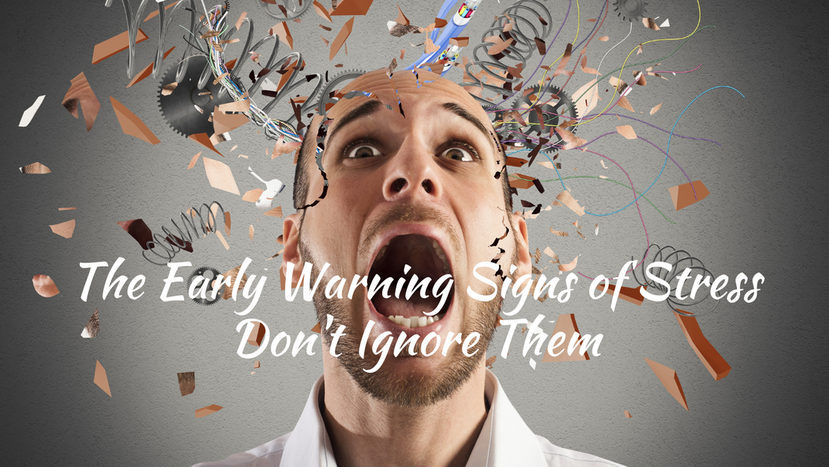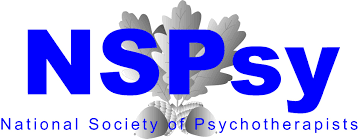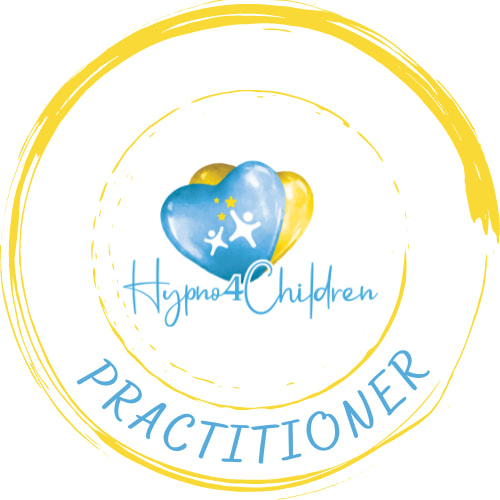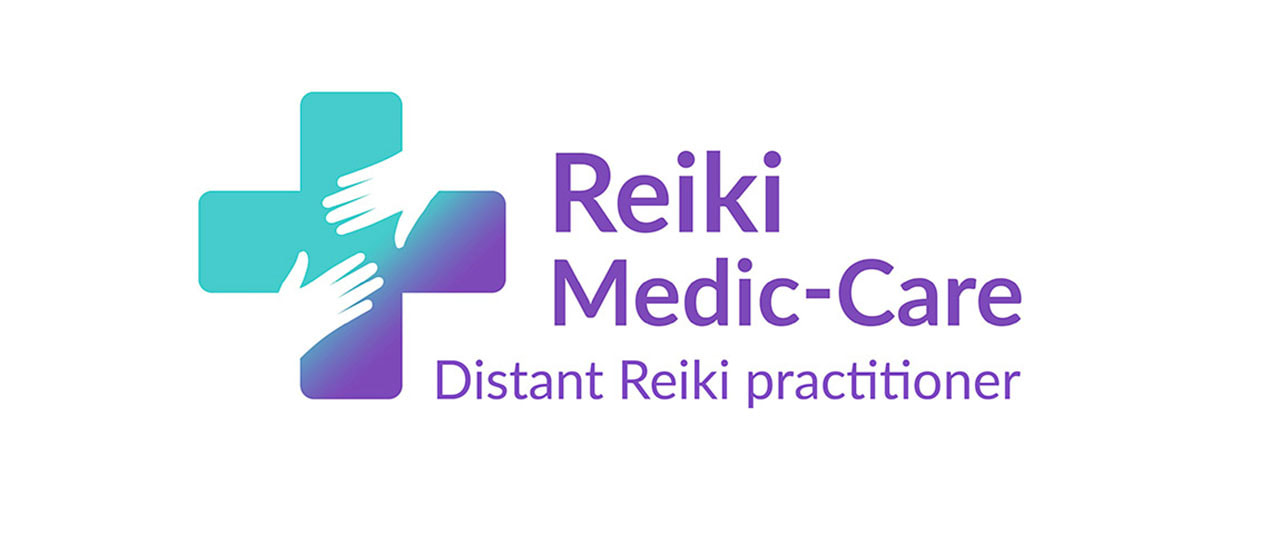Don't ignore the signs of stressApril is always Stress Awareness Month, and no it doesn't mean you only need to be Stress Aware in April, its purpose is to have a more focus look at stress and raise awareness of how it many impact your life.
As a holistic therapist who provides Reiki, massage, NLP, EFT, and hypnotherapy, I am often asked about stress. Many people believe that stress is always a bad thing, but the truth is that it's more complicated than that. Stress is a physical response that prepares our body to deal with danger. When we experience stress, our body switches to 'fight or flight' mode, and adrenaline is produced, our heart rate increases, and our blood supply is directed to our muscles to prepare us to deal with a potential threat. This response was helpful back in the day when we might need to run from a tiger, but it's not always helpful in modern life. In our modern world, we rarely need to run from a tiger, but our body still recognises our current stresses as equal to that. When we see the state of our inbox, or our child throws yet another handful of Weetabix on the floor, for example, our body can interpret these situations as threats, triggering the stress response inappropriately. When we are in a stress response for an extended period, even low-level stress, it can be detrimental to our general health. The side effects of stress are that when all the blood is being directed to our muscles, other functions in our body are minimised. The digestive and reproductive system, as well as brain function, become negatively impacted. As a result, when we are stressed, we may find it difficult to concentrate, think straight, and make decisions. The signs of stress can be emotional, physical, or behavioural:
Each of us has different stress triggers. Something that doesn't bother you in the slightest might be a huge source of stress for someone else. It's important to recognise when we are experiencing stress and take steps to reduce it. When we are in a constant state of stress or living in 'survival mode,' we can become overwhelmed, leading to a 'flip your lid' response. The stress bucket or funnel analogy is helpful to understand this. Imagine your stress as a bucket or a funnel. As stress builds up, the bucket or funnel fills. Once it overflows, it can lead to emotional and behavioral outbursts, which can be damaging to ourselves and others. To prevent this from happening, it's crucial to reduce our stress levels. We can do this by using relaxation techniques such as deep breathing, meditation, exercising regularly, getting enough sleep, and eating a healthy diet. It's also important to prioritise self-care and do activities that bring us joy and help us relax, such as taking a bath, reading a book, or spending time with loved ones. Seeking support from a therapist or healthcare professional can also be helpful in managing stress and preventing it from having a negative impact on our lives. By recognising the signs of stress and taking steps to reduce its impact, we can improve our overall wellbeing and enjoy a more balanced and fulfilling life. If you're looking for support in managing stress and achieving balance in your life, I invite you to book an appointment with me today. As a holistic therapist, I provide a range of treatments that can help you reduce stress and improve your overall wellbeing. Whether you're looking for Reiki, massage, NLP, EFT, or hypnotherapy, I am here to support you on your journey to optimal health. Book your appointment today. Comments are closed.
|
Categories
All
|
Reiki | Hypnotherapy | Massage | Book Appointment | Blog | FAQS | Events |
About Me | Find Me | Contact Me
Terms of Business | Privacy Policy
Providing Hypnotherapy, NLP, EFT, Reiki Healing, Spiritual Readings, Massage & Holistic Therapy Treatments and Workshops in Hampshire: Basingstoke, Alresford, Alton, Winchester and the surrounding areas.
About Me | Find Me | Contact Me
Terms of Business | Privacy Policy
Providing Hypnotherapy, NLP, EFT, Reiki Healing, Spiritual Readings, Massage & Holistic Therapy Treatments and Workshops in Hampshire: Basingstoke, Alresford, Alton, Winchester and the surrounding areas.









